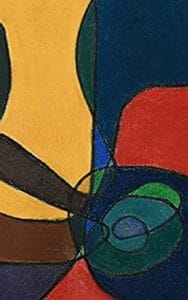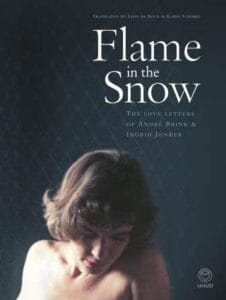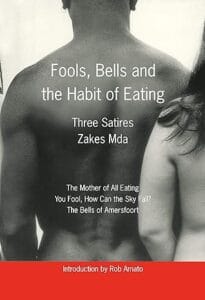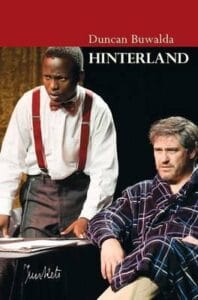A womb that beats all over the world – Sunday mornings at the river
R300A truly unique anthology of poems from various African voices.
Showing 1–16 of 67 results

A truly unique anthology of poems from various African voices.

A play about a young gay man, inspired by three brutal attacks on gay men in the Western and Northern Cape in 2014.

Van Graan’s potent mix of comedy, poetry and drama compels audiences to reflect on controversial topics in a non-alienating, thought-provoking and thoroughly entertaining way. Readers will laugh and cringe and sometimes cry, but one thing they will not be able to do is remain unaffected

Bella is an illustrated collection of striking yet subtle poems. Motadinyane died in 2003, and was one of the founder members of the Botsotso Jesters poetry performance group; her surreal and multi-lingual work offers a sharp female perspective on South Africa.

“A thought-provoking and tender reflection on a period we are still living through with all its fears and uncertainties – but also … its potential for connection.” Karen Rutter, Weekend Special

Hoewel hy algemeen bekend is as die Afrikaner-Kommunis wat vir Nelson Mandela van die galg gered het, is bitter min bekend oor Bram Fischer die man. Fischer was ‘n gerespekteerde senior advokaat by die Johannesburgse Balie, wat gekies het om hom by die onderdruktes te skaar en wat ondergronds gegaan het om by die gewapende stryd aan te sluit. Hy is op 5 November 1965 in hegtenis geneem nadat hy vir bykans tien maande op vlug was.

In this way, the collection is varied, and very personal and true to Anton’s past and present, a very satisfying buffet that offers a unique taste of his Buddhistic soul.

In a whirlwind of local history, contemporary culture, domestic angst, and nostalgia, Thabo Jijana’s debut collection of award-winning poems exhibits an emotional wisdom beyond the writer’s years.

In a telegram dated 29 April 1963, thirty-year-old Afrikaans poet Ingrid Jonker thanks André Brink, a young novelist of twenty-eight, for flowers and a letter he sent her. In the more than two hundred letters that followed this telegram, one of South African literature’s most famous love affairs unfolds. Jonker’s final letter to Brink is dated 18 April 1965. She drowned herself in the ocean at Three Anchor Bay three months later.

Cupidity, corruption and conciliation are the themes of the three plays in this collection from one of South Africa’s leading writes. The Mother of all Eating, a one-hander, with its central character a corrupt Lesotho official, is a grinding satire on materialism in which the protagonist gets his come-uppance.You Fool, How Can the Sky Fall? is an unbridled study in grotesquerie, reflecting a belief, traceable throughout Mda’s work, that government by those who inherit a revolution is almost inevitably, in the first decade or two, hijacked by the smart operators.

Cecil John Rhodes and Sol Plaatje never met . Rhodes were holed up in Kimberley during the siege, Plaatje were in Mafikeng. … Other than that little detail, most of what follows is true.’

Winner ‘Best Script’ and ‘Best Director’ awards, Baxter Zabalaza Theatre Festival 2022

I believe poetry like jazz, allows one to knock on the void of silence. In this way I celebrate the lives of artists and poets such as Mafika Gwala, Jackson Hlungwani, Kippie ‘Morolong’ Moeketsi and Fana Zulu.

Abu Bakr Solomons continues his exploration of the unfolding social and political milieu -worlds in transition – both locally and globally; the threats and compelling beauty which coexist in these complex human tragedies and triumphs so that the past and the present intersect in the psyches and consciousness of individuals and delivery of social movements.

The year is 2030. The drama centres on the encounter between the amaXhosa and the Khoi/Coloured descendants, which takes place at Intaba KaNdoda, a poverty-stricken community once ruled by the Khoi chief Ndoda.
 Out of stock
Out of stockA re-imagining of the fable in terms of the 17 Sustainable Development Goals, in a variety of theatrical styles, catalyzing debate and transferring knowledge through humor, satire and drama.
No products in the basket.